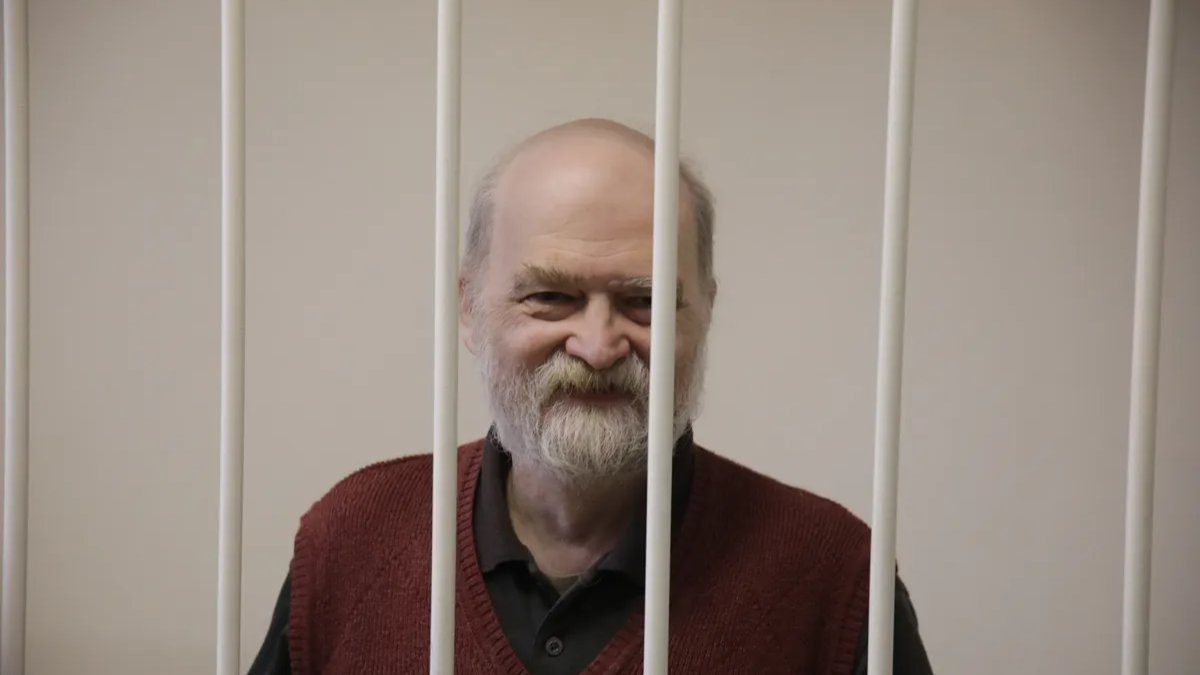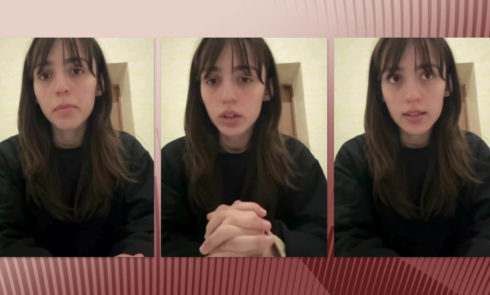The chasm between the Iranian populace and the government has widened to such an extent that it has become a defining feature of the Islamic Republic, serving as a primary driver behind the myriad challenges it currently confronts.
While the leaders of the Islamic Republic have been reluctant to acknowledge the divide, especially in the wake of recurring nationwide protests, their occasional remarks regarding existing problems suggest a growing recognition of the issue.
Supreme Leader Ali Khamenei's this week urged Iranian teachers to try to encourage students to adhere to his brand of anti-Americanism and antisemitism. Was certainly an indication that he knows he is not on the same page with young Iranians who are generally openminded, tolerant and most certainly not antisemitic.
One of Iran's former Higher Education Ministers, Mostafa Moeen, has said based on a major study conducted by the government about prevailing values and attitudes that “60 to 70 percent of Iranians do not trust government institutions and that politicians are among the least trusted individuals among other Iranians."
Moeen also referenced the study's findings, highlighting that 60 to 70 percent of Iranians lack trust in government-controlled media, including state-run television channels that echo Khamenei's rhetoric. Additionally, he noted that the study reveals even greater distrust of the parliament compared to the government in general.
According to conservative commentator Mohammad Mohajeri, although a key reason for the distrust is the government's inability to solve economic problems, even an improvement in this regard cannot mend the divide between the people and government.
Mohajeri remarked that the current divide seems deeper and more profound, with officials attributing the rift to the people's excessive demands, while citizens argue that officials consistently overlook the nation's issues. Furthermore, officials make promises they cannot fulfill.
He emphasized that Iranians' mistrust of state officials is a longstanding issue, not merely a recent development. Mohajeri recalled how observers and experts have cautioned about the widening gap between the people and officials, as well as the decline in the government's social capital since the 1990s.
The conservative commentator added that the difference between the people's liberal ideas and the officials' hardline policies and revolutionary approaches contributed to the crisis. Mohajeri said that the disputed 2009 presidential election and the ensuing bipolar situation was a major turning point in the confrontation between the people and the government. He was referring to Khamenei's biased support for Ahmadinejad while the people and moderate politicians insisted that he was elected in a rigged election.
He noted that following the 2019 protests, during which government forces killed hundreds of protesters, people initiated a negative campaign by abstaining from elections and boycotting government-sponsored political rallies. Simultaneously, the worsening economic crisis and the government's reluctance to implement reforms exacerbated the division. Consequently, society was engulfed by despair, eroding trust in the government and hope for the future.
Meanwhile, prominent sociologist Amanollah Gharai has told Nameh News website in Tehran that the divide between the people and government is the outcome of a decline in Iran's middle class. He said, traditionally, the middle class works like a shield between the ruling class and the working class.
Gharaei pointed out, "Rising prices, inflation, and other economic woes have pushed individuals from the upper middle class into lower socioeconomic strata." He elaborated that educated individuals, academics, entrepreneurs, and businesspeople comprise the middle class, which communicates messages and information to the impoverished lower class. When the middle class becomes discontented, instead of acting as a buffer, it joins protest movements and encourages the lower class to participate."
He further stated, "Today, information dissemination faces no barriers, and everyone is aware of societal happenings. When impoverished individuals learn of corruption among those in power, they are compelled to revolt and protest."

 1 week ago
22
1 week ago
22


